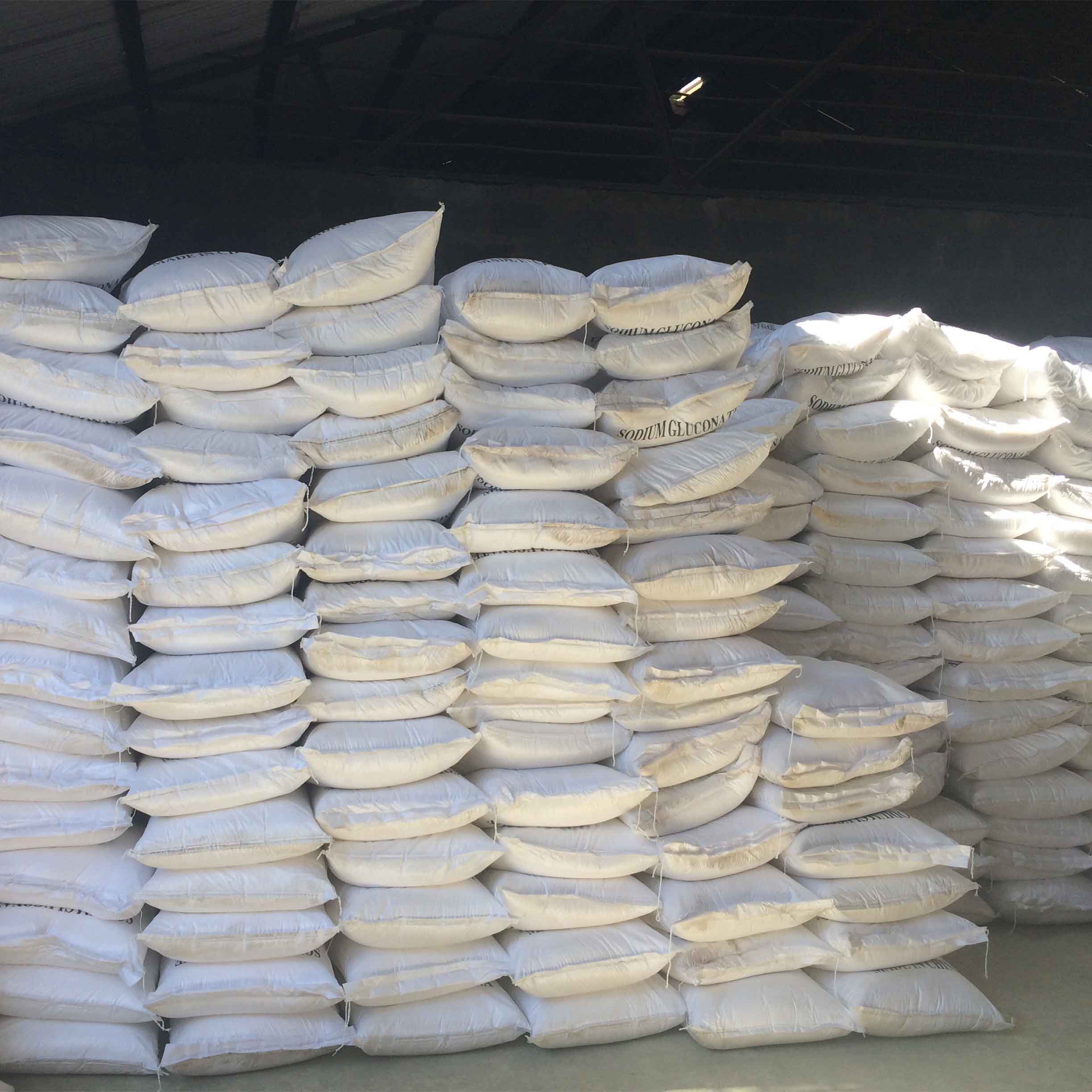
12 月 . 03, 2024 16:40 Back to list
16 16 8 fertilizer for corn
The Importance of 16-16-8 Fertilizer for Corn Production
Corn is one of the most significant crops in the world, serving as a staple food source, animal feed, and a critical ingredient in various industrial applications. To ensure optimal growth and maximize yields, it is essential to provide corn plants with the necessary nutrients throughout their growth stages. One effective way to accomplish this is through the application of balanced fertilizers, such as the 16-16-8 fertilizer blend, which consists of 16% nitrogen, 16% phosphorus, and 8% potassium.
Understanding 16-16-8 Fertilizer
The three primary macronutrients in fertilizer are nitrogen (N), phosphorus (P), and potassium (K), each playing a crucial role in plant health. In 16-16-8 fertilizer, the equal concentrations of nitrogen and phosphorus are particularly beneficial for early-stage corn growth, while the potassium aids in overall plant health and resilience.
- Nitrogen (N) This nutrient is vital for vegetative growth. Nitrogen promotes the development of chlorophyll, which is essential for photosynthesis. Adequate nitrogen levels help the corn plants produce lush, green foliage, which contributes to overall growth and, ultimately, yield. Corn plants require a substantial amount of nitrogen during the active growing season, particularly during the vegetative phase.
- Phosphorus (P) The role of phosphorus in plant growth cannot be overstated. It is crucial for energy transfer within the plant and is involved in the synthesis of nucleic acids, which are integral to plant cellular functions. Phosphorus supports root development, flowering, and grain formation. The presence of an adequate amount of phosphorus ensures that corn plants establish a robust root system, leading to better nutrient and water uptake.
- Potassium (K) While potassium is present in a smaller proportion in this fertilizer blend, it is essential for regulating various physiological processes in the plant. It helps enhance disease resistance, improves drought tolerance, and supports overall plant vigor. Potassium aids in the movement of nutrients and water within the plant and enhances the quality of the corn produced.
Application and Timing
The timing and method of applying 16-16-8 fertilizer are critical for maximizing its effectiveness. Typically, it is best to apply this fertilizer before planting or during the early growth stages of corn, as this is when the plants need the most nutrients. Conducting a soil test prior to application can help determine the specific nutrient needs of the soil, ensuring that the correct amount is applied.
16 16 8 fertilizer for corn

For many farmers, adopting a split application strategy can be more beneficial. This involves applying a portion of the fertilizer at planting and the remainder side-dressed during the growing season. This method provides a continuous supply of nutrients, particularly nitrogen, as corn enters its peak growth period.
Benefits of Using 16-16-8 Fertilizer
The application of 16-16-8 fertilizer offers several benefits to corn production
1. Balanced Nutrient Supply The balanced ratio ensures that corn plants have access to essential nutrients at different growth stages, promoting healthier plants and improving overall yield.
2. Increased Yield With optimal nutrient availability, corn plants are better equipped to produce higher yields, which is crucial for meeting the growing global demand for food.
3. Cost-Effectiveness Using a well-formulated fertilizer helps farmers achieve better crop outcomes, leading to increased profitability. Ensuring that plants receive the correct nutrients during crucial growth phases can save costs in the long run.
4. Sustainability Applying fertilizers like 16-16-8 responsibly can lead to improved soil health and prevent nutrient deficiencies. It is essential to follow best management practices to minimize nutrient runoff, which can harm the environment.
Conclusion
In conclusion, the use of 16-16-8 fertilizer in corn production is a strategic choice for farmers looking to enhance crop performance. By providing a balanced supply of essential nutrients, this fertilizer fosters healthy plant growth, improves yield, and ultimately contributes to food security. As agriculture continues to evolve in the face of climate change and increasing population demands, the careful and efficient use of fertilizers like 16-16-8 will play a vital role in sustainable farming practices. For corn growers, understanding the importance of this fertilizer and its application can make a significant difference in their farming success.
-
10-10-10 Organic Fertilizer - Balanced NPK Formula
NewsAug.02,2025
-
Premium Organic Manure Compost for Eco Gardens
NewsAug.01,2025
-
Organic 10-10-10 Fertilizer | Balanced Plant Nutrients
NewsJul.31,2025
-
Premium Amino Acid Fertilizer | Rapid Plant Growth Booster
NewsJul.31,2025
-
10 10 10 Fertilizer Organic—Balanced NPK for All Plants
NewsJul.30,2025
-
Premium 10 10 10 Fertilizer Organic for Balanced Plant Growth
NewsJul.29,2025
